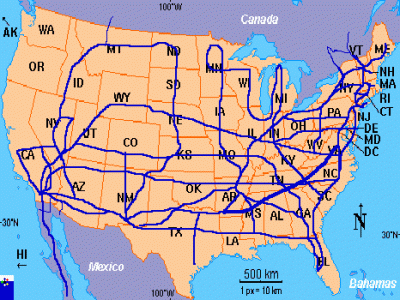One of the first books my parents bought me, (or my mum bought me really of course), was "War of the worlds", by Arthur C Clarke.
I never did manage to read it, even when trying when I was older, so as an example of a book to grab a boys imagination it was lost on me I'm afraid, but was it in any way influential?
Well I've discovered since so many others did like the book l'd found so turgid, and the author was admired, and the book was made into an early sci-fi film. If we are informed therefore by encountering books we can't seem to enjoy, knowing others do, then it influenced me by teaching me how different we are, and I learnt "mother wasn't always right"!



